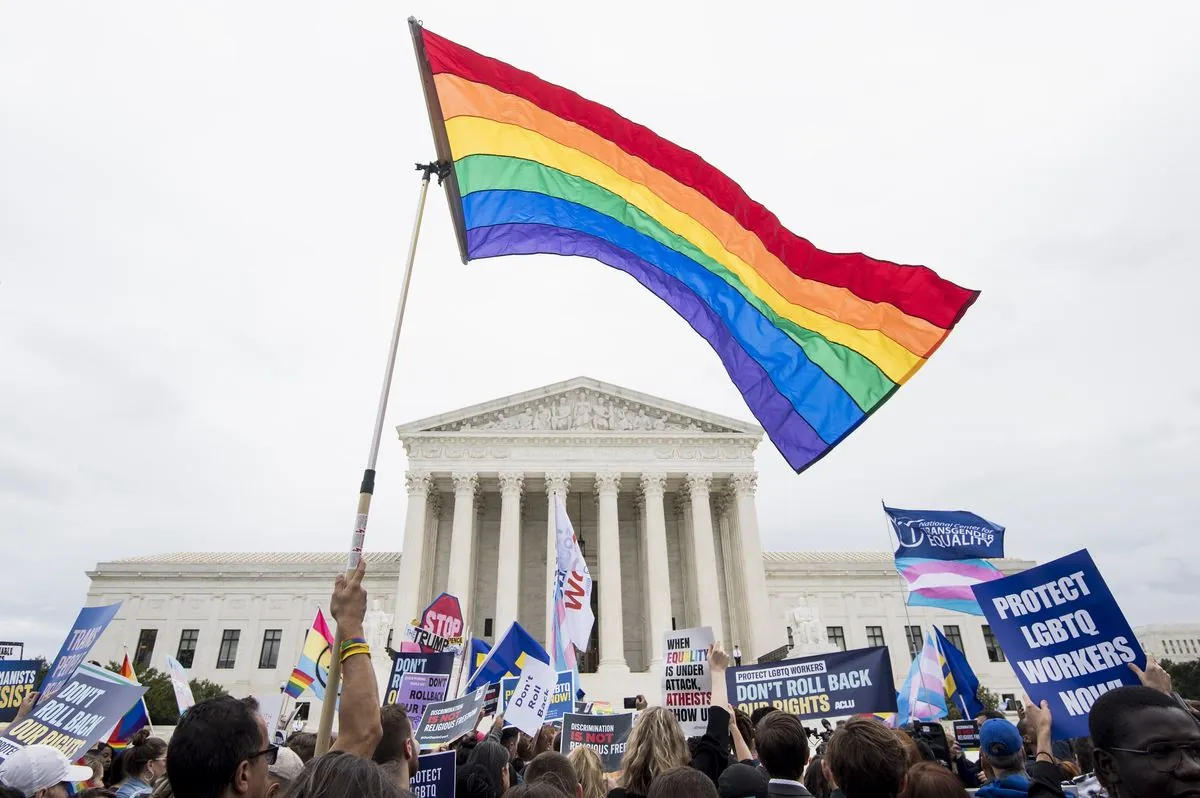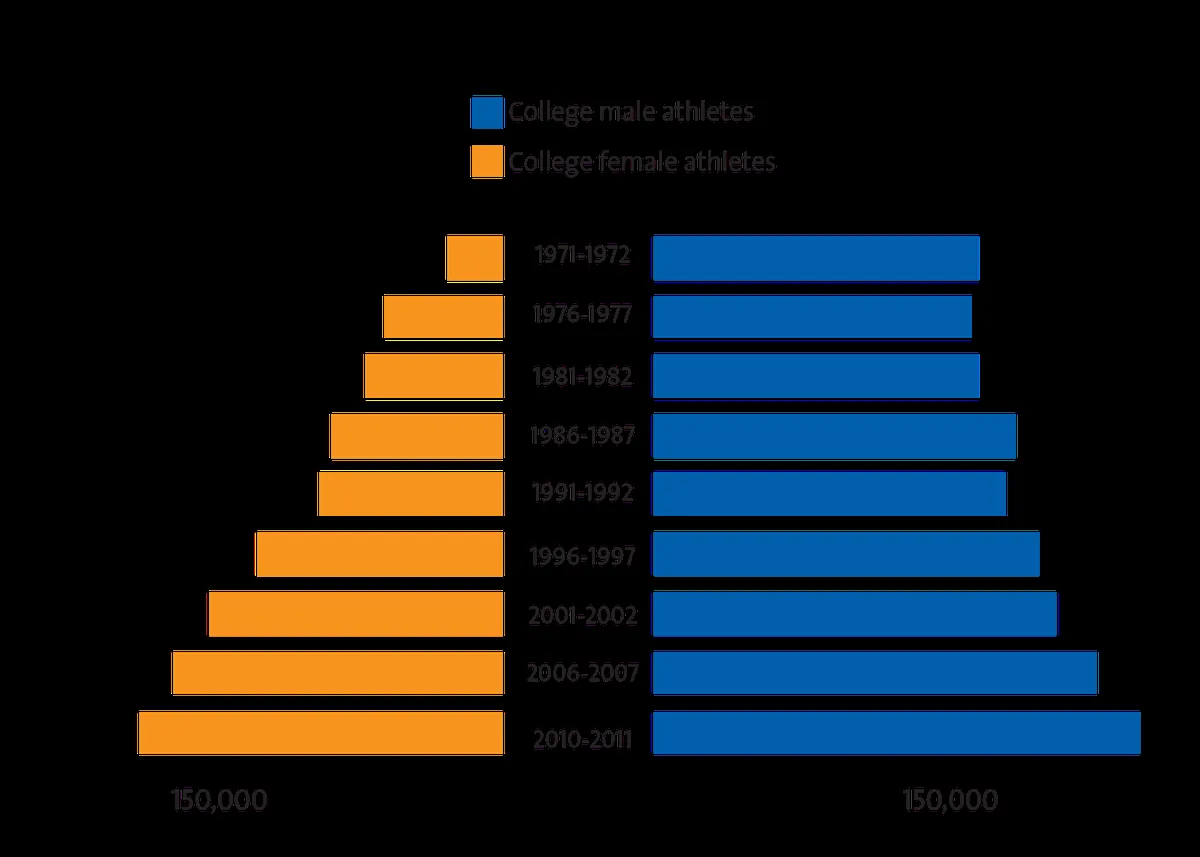Supreme Court Blocks Biden's LGBT Student Protection Rule in 10 States
U.S. Supreme Court declines to enforce new LGBT student protection rule in 10 Republican-led states. The decision impacts Title IX interpretation, affecting discrimination policies in schools receiving federal funding.

The U.S. Supreme Court has declined to enforce a crucial component of President Joe Biden's administration's new rule safeguarding LGBT students from discrimination in educational institutions. This decision affects 10 Republican-led states that challenged the regulation.
The rule, which was set to take effect on August 1, 2024, aimed to expand protections under Title IX, a law that prohibits sex discrimination in federally funded education programs. Title IX, enacted in 1972, has been instrumental in advancing gender equality in various aspects of education, including admissions, athletics, and employment.

The administration sought to clarify that discrimination "on the basis of sex" encompasses sexual orientation and gender identity. This interpretation aligns with the 2020 Supreme Court ruling in Bostock v. Clayton County, which extended similar protections in employment under Title VII.
The court's decision prevents the U.S. Department of Education from enforcing the new rule in Tennessee, Louisiana, and eight other states while litigation continues. This development highlights the ongoing debate surrounding the application of Title IX to issues of gender identity and sexual orientation.
Title IX has a far-reaching impact on educational institutions:
- It applies to both public and private schools receiving federal funds
- Covers a wide range of educational programs, including vocational and professional education
- Requires schools to have a Title IX coordinator for compliance
- Can result in loss of federal funding for violations
The Department of Education, responsible for enforcing Title IX, faces challenges in implementing consistent policies across all states due to this ruling. The decision underscores the complex legal landscape surrounding LGBT rights in education and the ongoing tension between federal regulations and state-level opposition.
As the legal battle continues, the interpretation and application of Title IX remain subjects of intense debate, particularly regarding its implications for transgender athletes and the balance between protecting LGBT rights and addressing concerns raised by opposing states.
"We remain committed to ensuring all students, including LGBTQ+ students, can learn in educational environments free from discrimination."
This case exemplifies the evolving nature of civil rights protections in education and the ongoing efforts to define the scope of anti-discrimination laws in the United States.


































